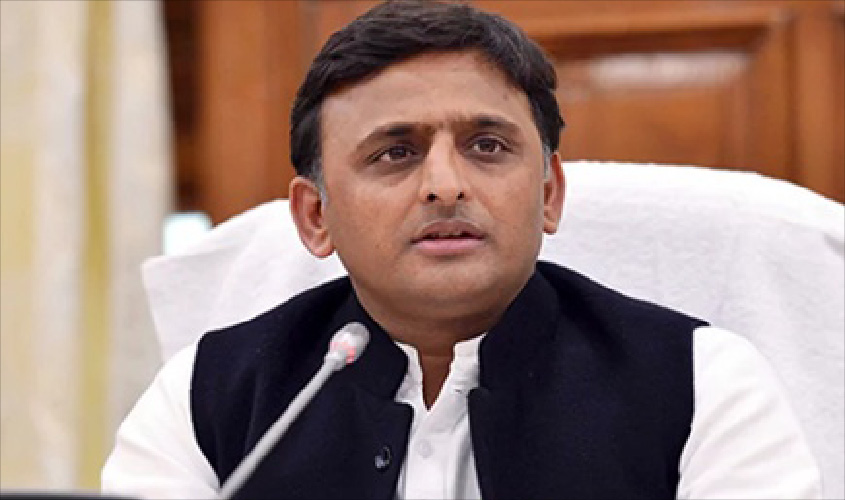Anti-BJP parties, led by the Congress, are pushing for a region-wise alliance, which they believe is the only way to stop Prime Minister Narendra Modi from securing a second term in 2019.
A former senior bureaucrat, who is engaged in an advisory role with a regional party that has given multiple CMs in the past, said that the anti-BJP parties were buoyed by the success of the BSP-SP alliance in the recent Gorakhpur and Phulpur bypolls, in which the two sworn enemies came together and defeated the BJP. “Politics, in the end, is about arithmetic. Ideology takes a back seat when it comes to pragmatism. All the parties who do not support the ideology of the BJP are talking to each other, at different levels, to forget the minor differences between themselves and focus on how to stop the BJP from coming to power. Phulpur and Gorakhpur have proved that it is not impossible to defeat the BJP, even in their own backyard. We just need to forge a common objective. Even now, almost all such parties are talking among themselves to arrive at a common minimum programme, which will take a more formal shape once the election approaches. A few NDA parties, too, are in touch with us. This time, the BJP will not have a cakewalk as it had in 2014,” he said.
The adviser, and other people in similar roles who are based in Delhi, have been asked to keep exploring new partners and engage with small parties in the run-up to the 2019 polls.
The anti-BJP parties are, hence, using their good relationship
“If the BSP-SP alliance fights together in the 2019 polls, it will be game over for the BJP. They will not get even 10 seats from UP. All this assessment is based on actual numbers. Wherever two regional parties have come together, the BJP has lost. You can take the example of Bihar too. They (BJP) are banking on Kamandal (communalism), but they will not be able to withstand the Mandal (casteism) onslaught,” another adviser, who is associated with a UP based party, said.
In Madhya Pradesh, where the Samajwadi Party (it got 4 lakh votes in the 2013 Assembly elections), the Bahujan Samaj Party (secured 11 lakh votes in the 2014 polls and 21 lakh votes in 2013 state Assembly elections) and Gondwana Gantantra Party (3.5 lakh votes in the 2013 Assembly polls) play a small yet crucial part in the seats bordering Uttar Pradesh, the Congress will be fielding one common candidate in consultation with all these three parties.
“If you look at the 2013 polls, the vote difference between us and the BJP was 28 lakh, almost equal to the number of votes that were polled by the BSP, SP and GGP. If we had fought as alliance partners, we would have easily won,” a Congress leader, who was till recently the party spokesperson, said.
Newly appointed MP Congress state president Kamal Nath is known for the cordial relations that he shares with BSP supremo Mayawati. It was only on the request of Kamal Nath that Mayawati asked her four party MLAs to support the Congress RS candidate Vivek Tankha when he was contesting the 2016 RS polls.
“Kamal Nath is a better man when it comes to forging alliance and sitting with different leaders and coming on a common ground. People like him, like Ashok Gehlot, who have experience and ‘resources’ to influence, will be given more prominent position in the new scheme of things of Congress,” a senior AICC functionary said.

